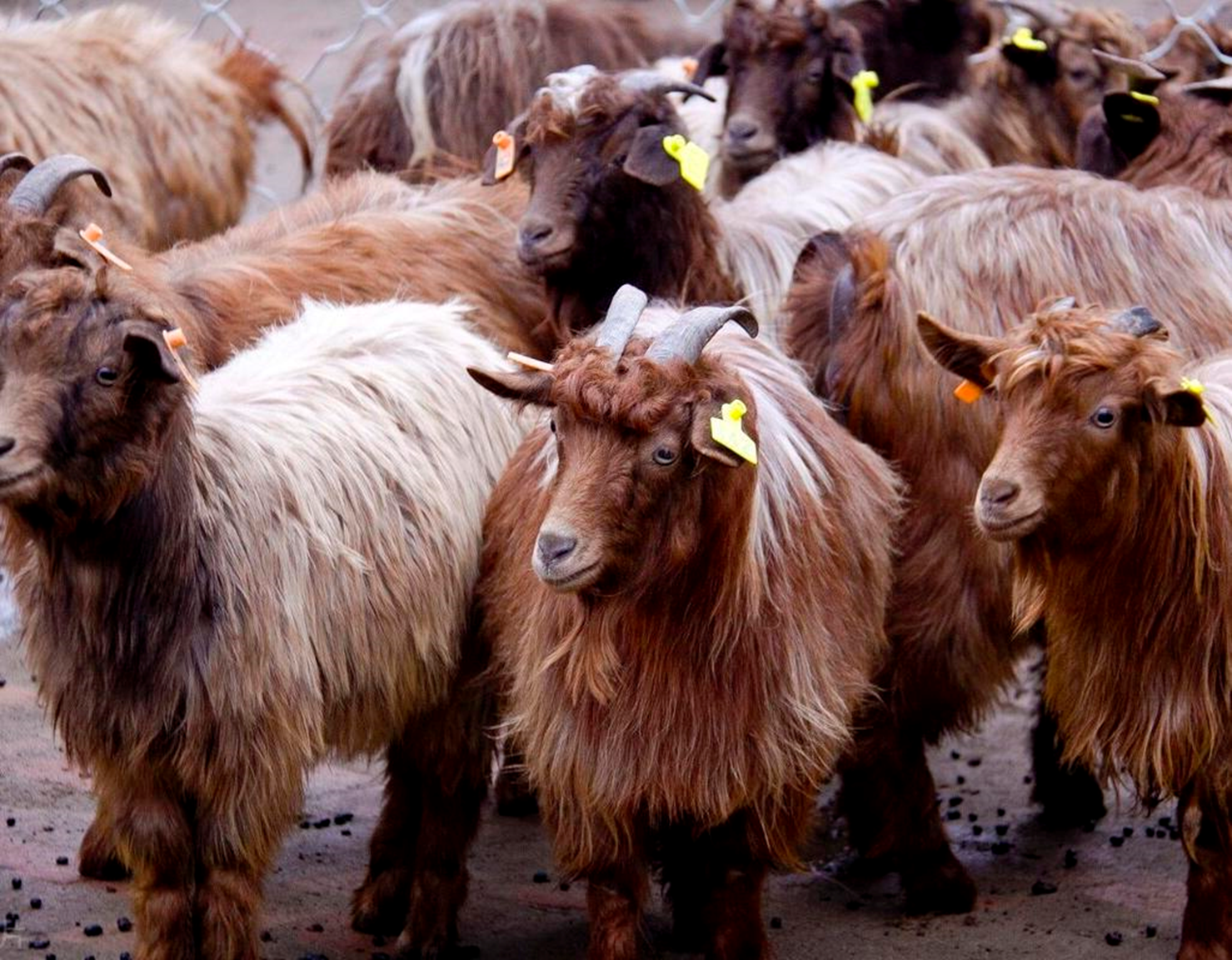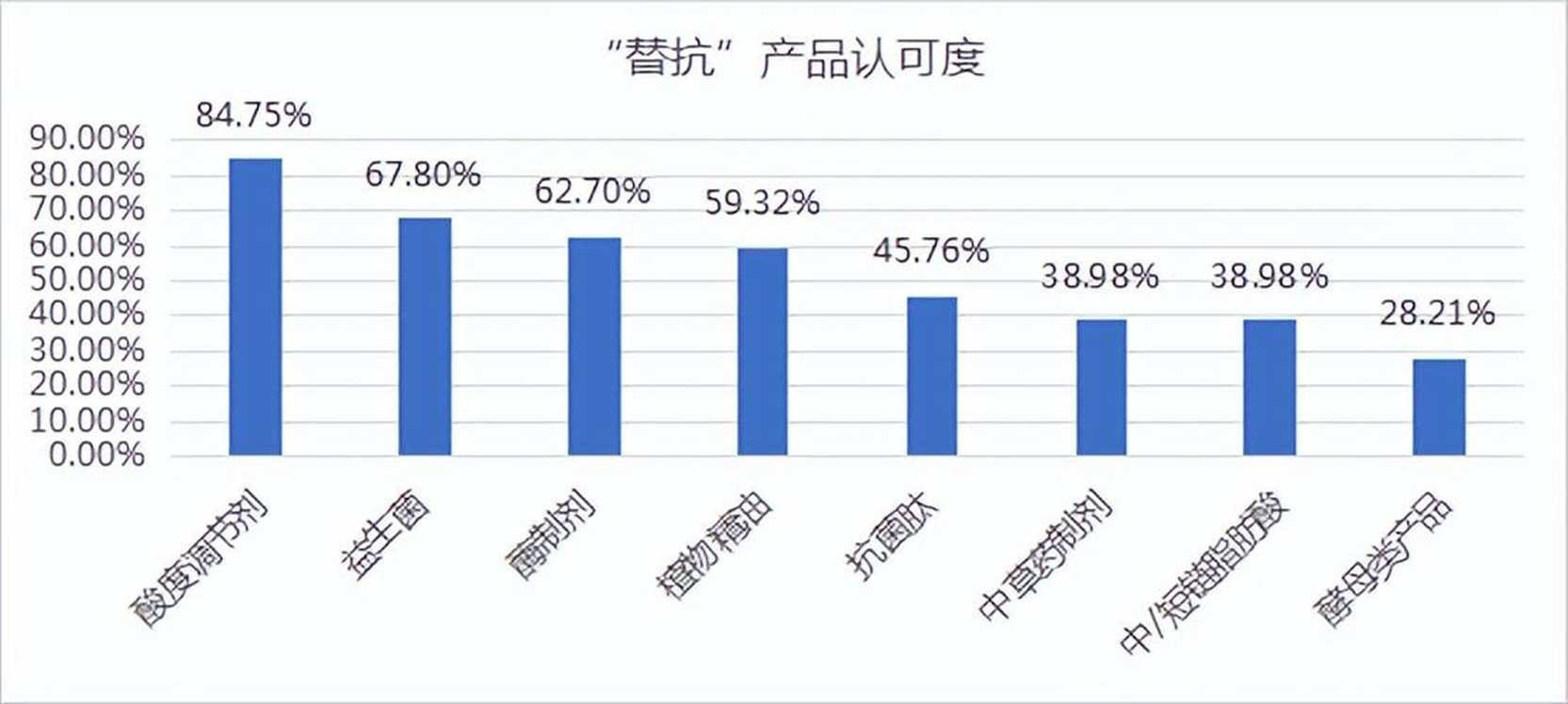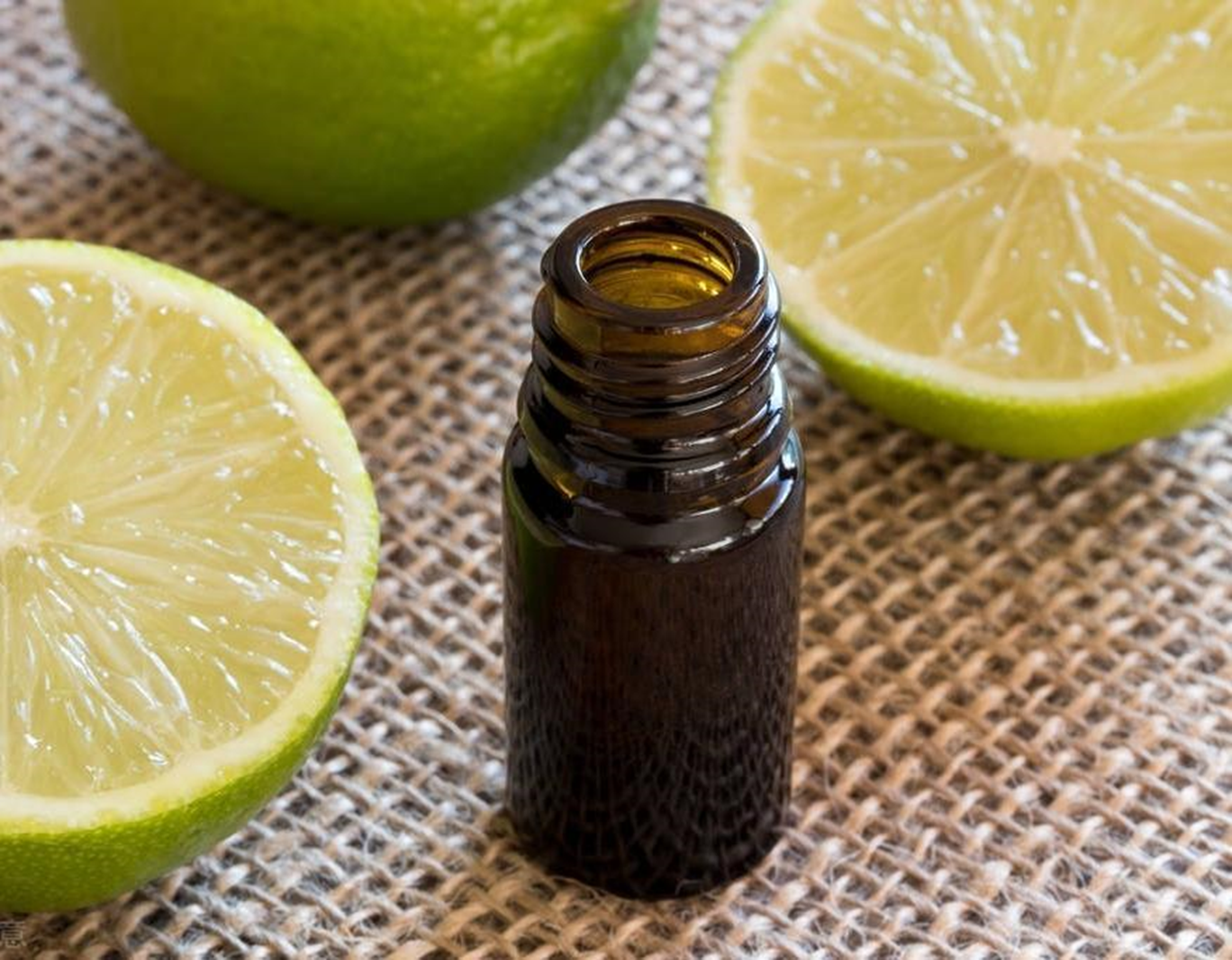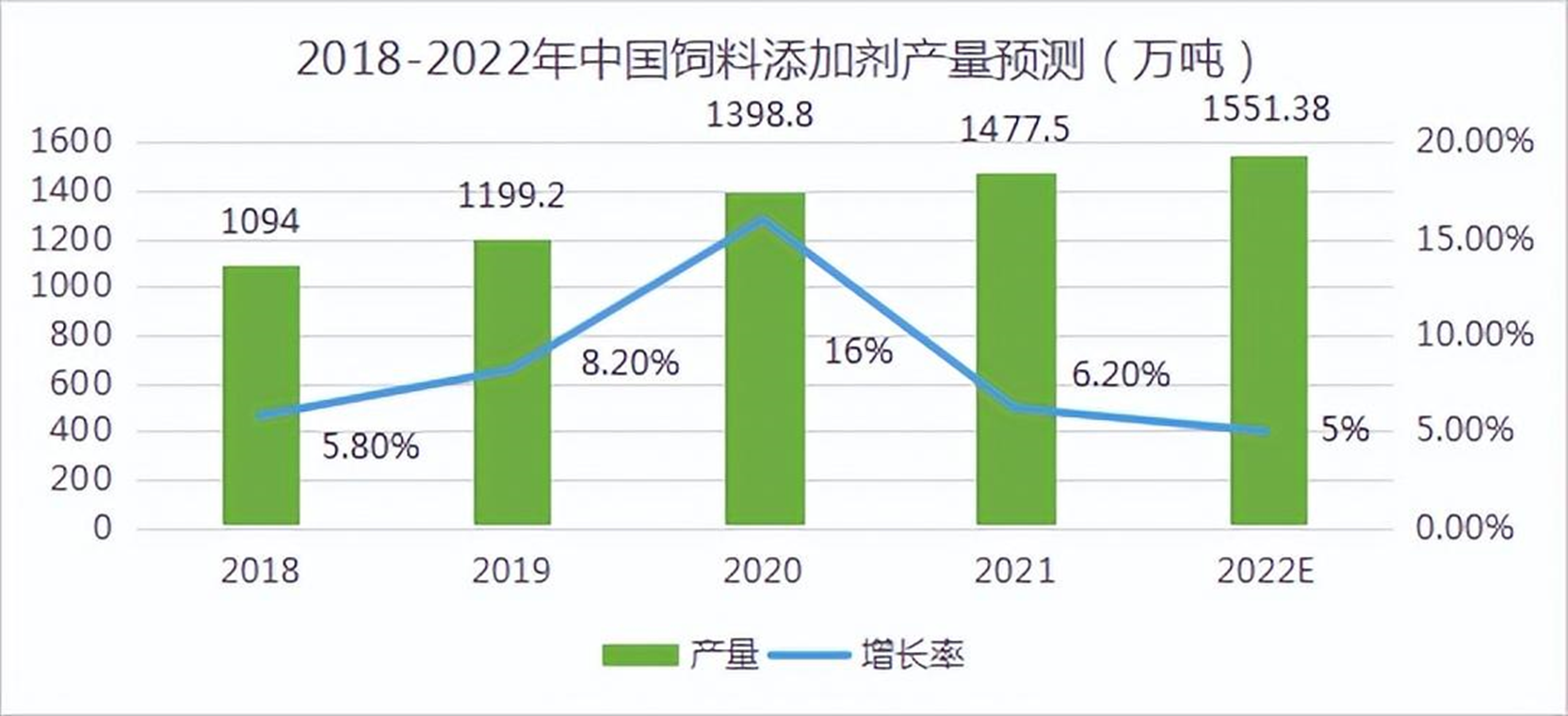The Development Trend of Plant Extract Feed Additives under the Overall "Resistance Prohibition"
The plant extract feed additive refers to the active ingredient extracted from natural plants and not synthesized by chemical industry, which can be measured for its effective ingredient, has stable content, has no toxic effect on humans and animals, and can improve animal production performance through animal experiments.
Recently, the kick-off meeting for the compilation of Quality Management of Plant Extract Feed Additives was successfully held in Beijing. So far, the production and quality specifications of plant extract feed additives have been formally put on the agenda, and plant extract feed additives have also received more attention.
Why attach importance to plant extract feed additives?
Feed additive is the core of formula feed. Although its addition amount is small, it has a significant effect. It can effectively improve the utilization rate of feed, make up for the imbalance of feed nutrition, and play a positive role in the growth and disease prevention of cultured animals.
Practice has proved that feed antibiotics play a prominent role in promoting animal growth, improving feed remuneration, improving animal product quality, etc., but there are also negative problems such as bacterial resistance and drug residues. After use, it will not only have a negative impact on animals, but also cause certain harm to people after eating animals, resulting in more and more restrictions on the scope of use of feed antibiotics.

Therefore, from July 1, 2020, the state will completely ban growth promoting drug feed additives. The product is dead, but the demand is still there. The development of various antibiotic substitutes has become a breakthrough point for enterprises to cope with the "era of no resistance".
At present, there are many kinds of products that are gradually popular and can partly replace the function of antibiotics to a certain extent, such as probiotics, lysozyme, microecological agents, Chinese herbal medicine additives, plant essential oil, fermented feed (depending on the strain), etc. According to the data of China Feed Industry Information Network, the market acceptance of different "anti" products is shown in the figure below:

According to the data above, the acceptance of plant extract (plant essential oil) as "alternative antibiotic" has reached 59.32%, indicating that the use of plant extract (plant essential oil) products is one of the potential directions for antibiotic prohibition.
Vegetable essential oil is a kind of aromatic substance with small molecular weight and special fragrance. It is mostly oily liquid at room temperature and has certain volatility. The chemical composition of plant essential oil is very complex. From the chemical composition, it mainly includes terpenoids, alcohols, phenols, aldehydes, ketones and esters. China, Europe and the United States have approved its use as feed additives.
The plant essential oil has rich natural biological activity. In recent years, the research on its biological activity has become increasingly active at home and abroad. A large number of experimental studies have shown that the appropriate concentration of plant essential oil can improve animal palatability, increase food intake, improve autoimmune function, antibacterial and bactericidal effects.

Compared with traditional antibiotics, plant extract (plant essential oil) is not easy to produce bacterial resistance and drug residues, and is a safe, efficient and residue free green new feed additive. The use of plant extract additives is expected to solve the problems of antibiotic residues, environmental pollution and food safety that have plagued the development of animal husbandry for a long time, and can provide a reliable guarantee for the feed industry and Taiwan poultry breeding industry to efficiently and safely produce healthy and nutritious food.
Development Trend of Plant Extract Feed Additives
The feed additive industry has developed rapidly in recent years. According to the data from the Animal Husbandry and Veterinary Administration of the Ministry of Agriculture and Rural Affairs, the total output value of the feed additive industry in 2021 will reach 115.49 billion yuan, a year-on-year increase of 23.80%. The output of feed additives was 14.775 million tons, an increase of 6.2% over the previous year. Among them, the output of single feed additive was 13.679 million tons, up 5.5%; The output of mixed feed additives was 1.09 million tons, up 16.2%. Jinggu Agricultural Think Tank (JGAG) estimates that the output of feed additives will increase by 5% to 15.51 million tons in 2022.

China is a large country in breeding, production and use of antibiotics. Antibiotics are indispensable. However, in recent years, the abuse of antibiotics in the feeding process has occurred continuously, which has led to the increasingly serious harm of bacterial drug resistance, drug residues in livestock products, allergic reactions, etc. In order to solve this problem, the state completely prohibits the use of antibiotics. Therefore, the development of healthy, environmentally friendly and efficient non resistant alternatives is the future development trend of feed additive industry.
After the prohibition of antibiotics, the feed industry has entered the era of "no resistance", and the demand for antibiotic substitutes has also increased day by day. As one of the "alternative resistance" products, the plant extract (plant essential oil) has gradually been recognized by the public. China has rich natural plant resources and a long history of Chinese herbal medicine development, which provides sufficient conditions for the development of plant extract additives in China. It can be seen that China has a broad market for plant extract feed additives.
Jinggu Agricultural Think Tank (JGAG) believes that in the next few years, the recognition of plant extract feed additives will be higher and higher, which is a long-term incremental market. It is estimated that the output of plant extract additives will exceed 1 million tons in 2022.


